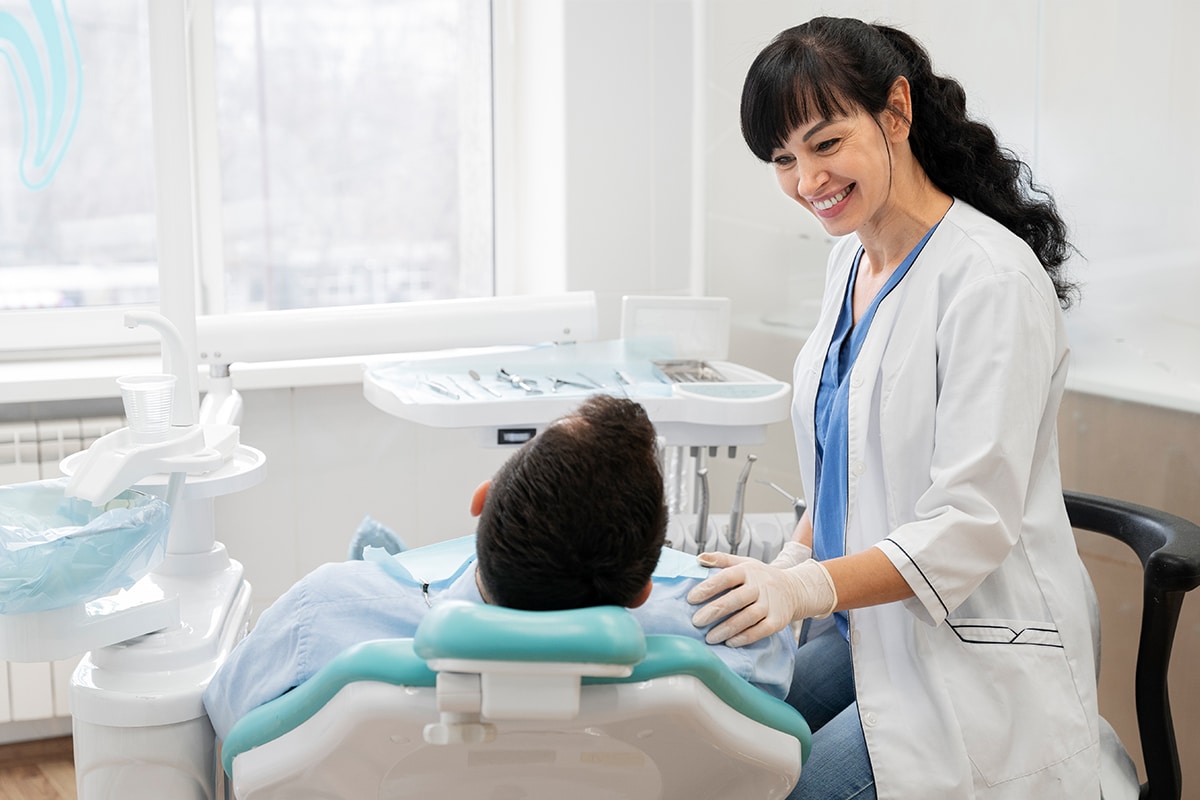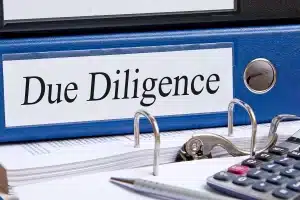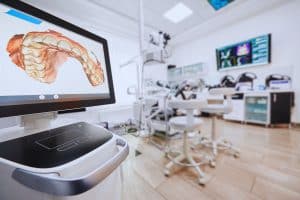Effective communication lies at the heart of every successful dental practice. It’s the cornerstone for building strong patient relationships, delivering quality care, and encouraging teamwork among dental professionals. To create a positive experience, the dentist should take a clear and empathetic approach, easing the anxiety or apprehension that usually grips the patient before a dental procedure.
If you want to establish good communication with your patients and team but don’t know how to start, this post is for you. Here we will explore the significance of effective communication in dental practices and list efficient strategies to develop and use this crucial skill.
Patient-Centered Communication:
A patient-centered communication recognizes that each patient is unique, with their own circumstances, beliefs, and preferences, and seeks to tailor medical care and information to best meet those individual needs. It emphasizes involving the patient in their own healthcare decisions.
The fundamental principles of patient-centered communication include the following topics:
- Active Listening: Attentive listening is the first step towards effective communication. Dental professionals must actively listen to patients’ concerns, questions, and feedback to understand their needs and tailor treatment plans accordingly.
- Simplified Language: Dental terminology can be confusing for patients. Using simple, jargon-free language helps patients comprehend their oral health issues, treatment options, and post-care instructions more easily.
- Empathy and Nonverbal Cues: Displaying empathy through both verbal and nonverbal cues, such as maintaining eye contact, nodding, and offering a reassuring demeanor, can significantly enhance patient comfort and trust.
- Shared Decision-Making: Involve patients in the decision-making process regarding their treatment. Present different options, discuss pros and cons, and let them make informed choices about their oral health.
- Personalized Approach: Treat each patient as an individual with unique needs. Tailor your communication style and information delivery to match their personalities and levels of understanding.
- Good Education Materials: Provide written and visual materials that explain common dental procedures, oral hygiene practices, and aftercare. This empowers patients to make informed decisions about their oral health.
- Feedback Encouragement: Encourage patients to provide feedback on their experience. Constructive feedback helps you identify areas for improvement and shows their opinions are valued.
Team Collaboration through Communication:
This type of communication streamlines decision-making, ensuring well-informed choices. It optimizes resource allocation, assigns tasks based on expertise, and promotes accountability. It enhances problem-solving by combining diverse perspectives, resulting in innovative solutions. It improves teamwork by encouraging an environment of open dialogue, creativity, and innovation. This approach involves:
- Morning Huddles: Regular morning huddles are brief team meetings where dental professionals discuss the day’s schedule, patient needs, and specific requirements. This ensures everyone is on the same page, enhancing workflow efficiency.
- Digital Tools: Utilizing communication tools and software can streamline collaboration among team members. Online platforms allow instant sharing of patient records, treatment plans, and progress updates.
- Clear Role Definitions: Clearly defined roles and responsibilities prevent confusion among team members. Each member should understand their tasks and contributions to patient care, promoting a smoother workflow.
- Collaborative Treatment Planning: Involve various team members in treatment planning discussions, including hygienists, assistants, and administrative staff. Their insights can contribute to well-rounded treatment plans.
- Training Sessions: Organize regular training sessions where team members can learn about new techniques, technologies, and best practices. Role-playing scenarios and discussing challenging cases can provide practical insights. This shared learning experience enhances expertise and teamwork.
- Regular Updates: Keep the team informed about practice news, procedure changes, and relevant industry updates. This prevents miscommunication and keeps everyone up-to-date.
- Feedback Mechanism: Establish a feedback loop where team members can openly share their thoughts and suggestions for improvement. Constructive feedback fosters a culture of continuous learning and growth.
Now that you know the importance of effective communication in your practice, It’s time to transform patient experiences and elevate your team dynamics. By honing your communication skills, you can create a welcoming environment for patients and a collaborative space for your team, enhancing efficiency, reducing errors, and promoting the best dental health.
If you find this blog helpful, feel free to check our extensive content here.




